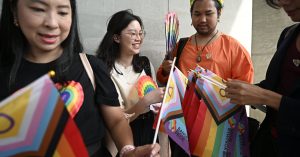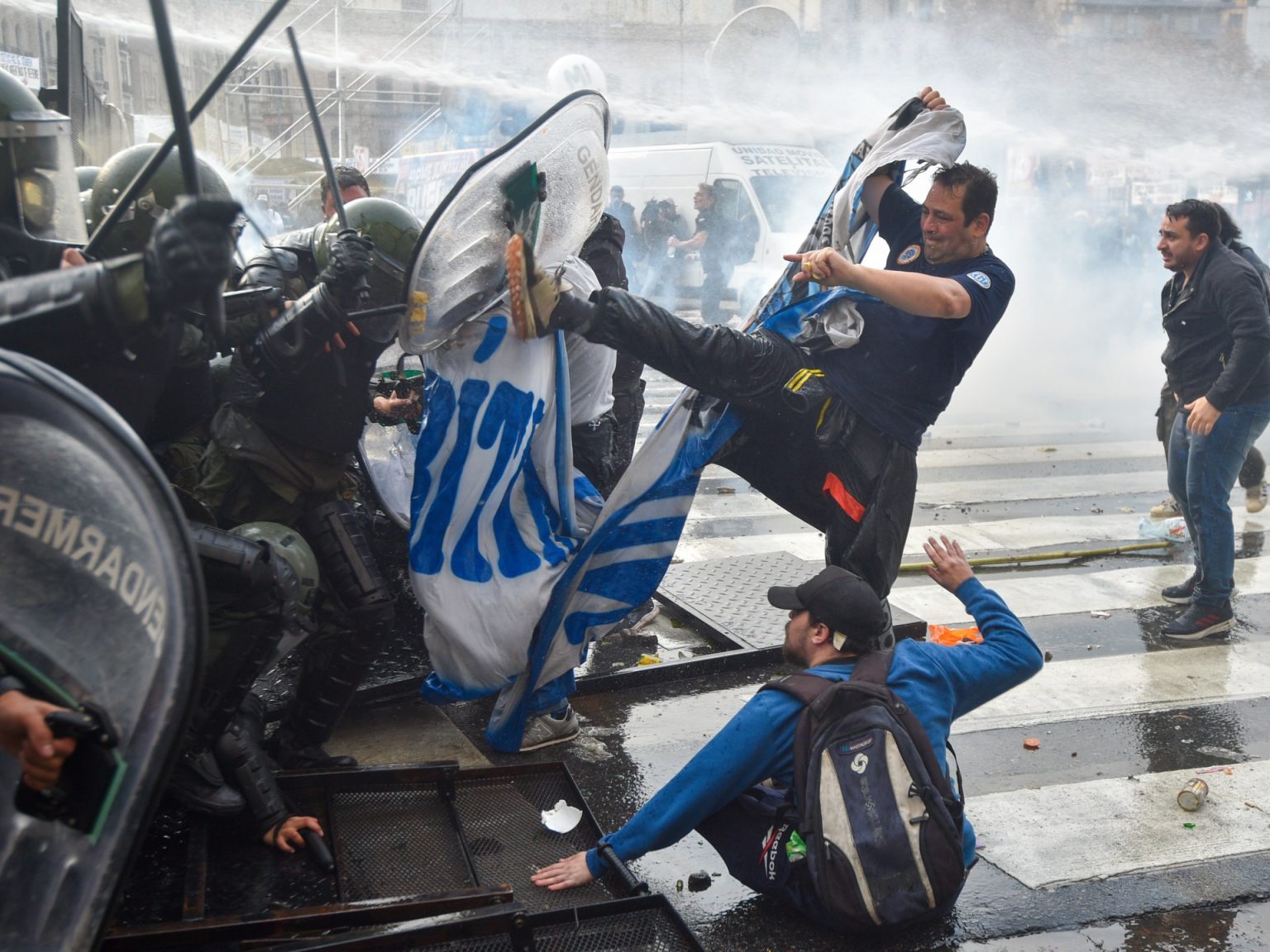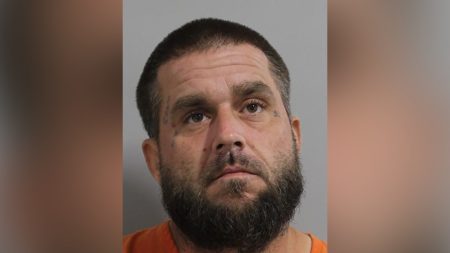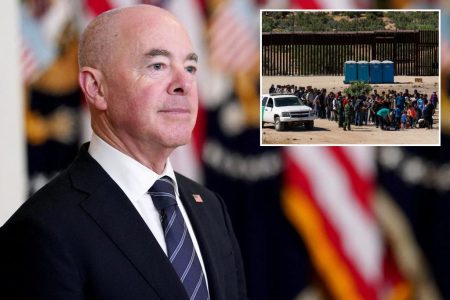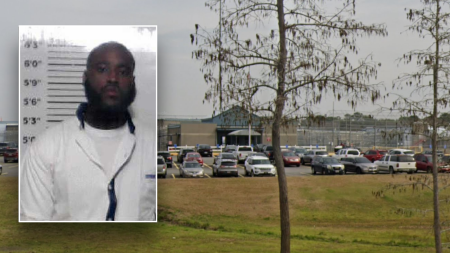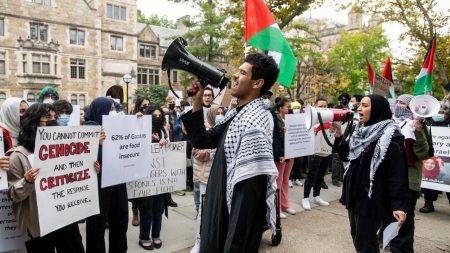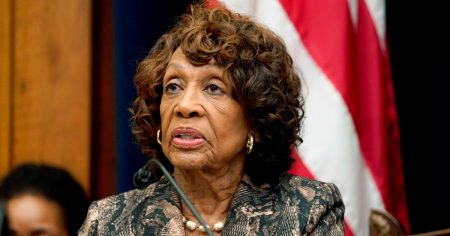Violent protests erupted in Buenos Aires as Argentina’s Senate debated a bill proposed by President Javier Milei, aimed at advancing his economic overhaul. Thousands of protesters gathered outside Congress to demonstrate against the proposed austerity measures contained in the bill. Initially peaceful, tensions escalated as the debate unfolded inside the building, prompting riot police to intervene with tear gas, rubber bullets, and water cannon. Some protesters allegedly resorted to violent tactics, leading to clashes with the authorities.
Opposition lawmakers, including Juan Manuel Pedrini, had to be hospitalized for burns to their eyes and skin, prompting widespread condemnation from the Union for the Homeland, a Peronist political party. The government defended the use of force, citing reports of rock-throwing and the burning of a radio station’s car. One protester was even found with a grenade, according to the Minister of Justice and Security. The administration accused the demonstrators of attempting to overthrow the government and disrupt Congress’s proceedings.
The bill, known as the “Ley de Bases” or the “Law of Bases,” is central to Milei’s libertarian agenda, aiming to privatize public companies, enhance executive powers, and stimulate the economy. In a country with an annual inflation rate of nearly 300 percent and rising poverty levels, Milei argues that his austerity measures will control inflation and sovereign debt. However, critics fear that the steep cuts will exacerbate the existing economic challenges.
The bill had previously passed in the lower house, the Chamber of Deputies, after months of negotiations and a failed vote in February. However, political analysts believe that the bill faces an uphill battle in the opposition-controlled Senate, where the Peronist Union for the Homeland holds a significant majority. Milei’s party, La Libertad Avanza, has limited representation in the chamber, raising doubts about the bill’s prospects for approval. The contentious debates and violent protests underscore the deep divisions in Argentine society over economic policies and government actions.
Amid the unrest, Milei’s government defended its actions, commending the armed forces for their response to what they described as “terrorist groups” attempting to stage a coup. Security Minister Patricia Bullrich credited the police for protecting Congress against violent protesters armed with sticks and grenades. The administration vowed to prosecute those responsible for vandalism, arson, and other criminal acts committed during the protests. The clashes between demonstrators and security forces reflect the broader political tensions and social discontent facing Argentina as it grapples with economic challenges.
As the Senate continues to debate the bill and protesters voice their opposition to Milei’s economic reforms, the future of Argentina hangs in the balance. The widespread discontent and violent confrontations on the streets of Buenos Aires highlight the deep-seated grievances and polarized politics that characterize the country’s current state. Whether Milei’s government can effectively implement its economic agenda amid growing resistance remains to be seen, as the nation grapples with inflation, poverty, and political turmoil.

